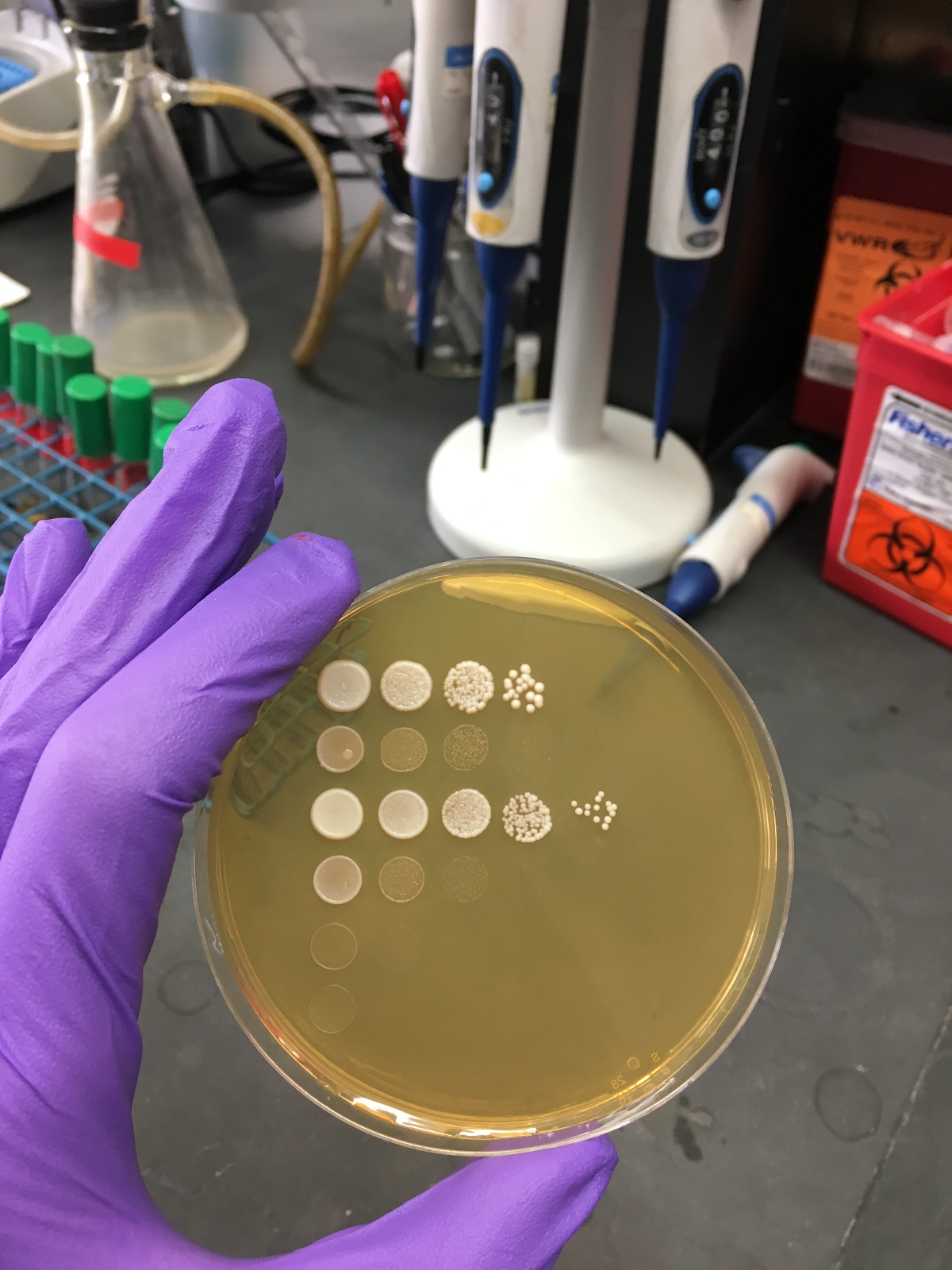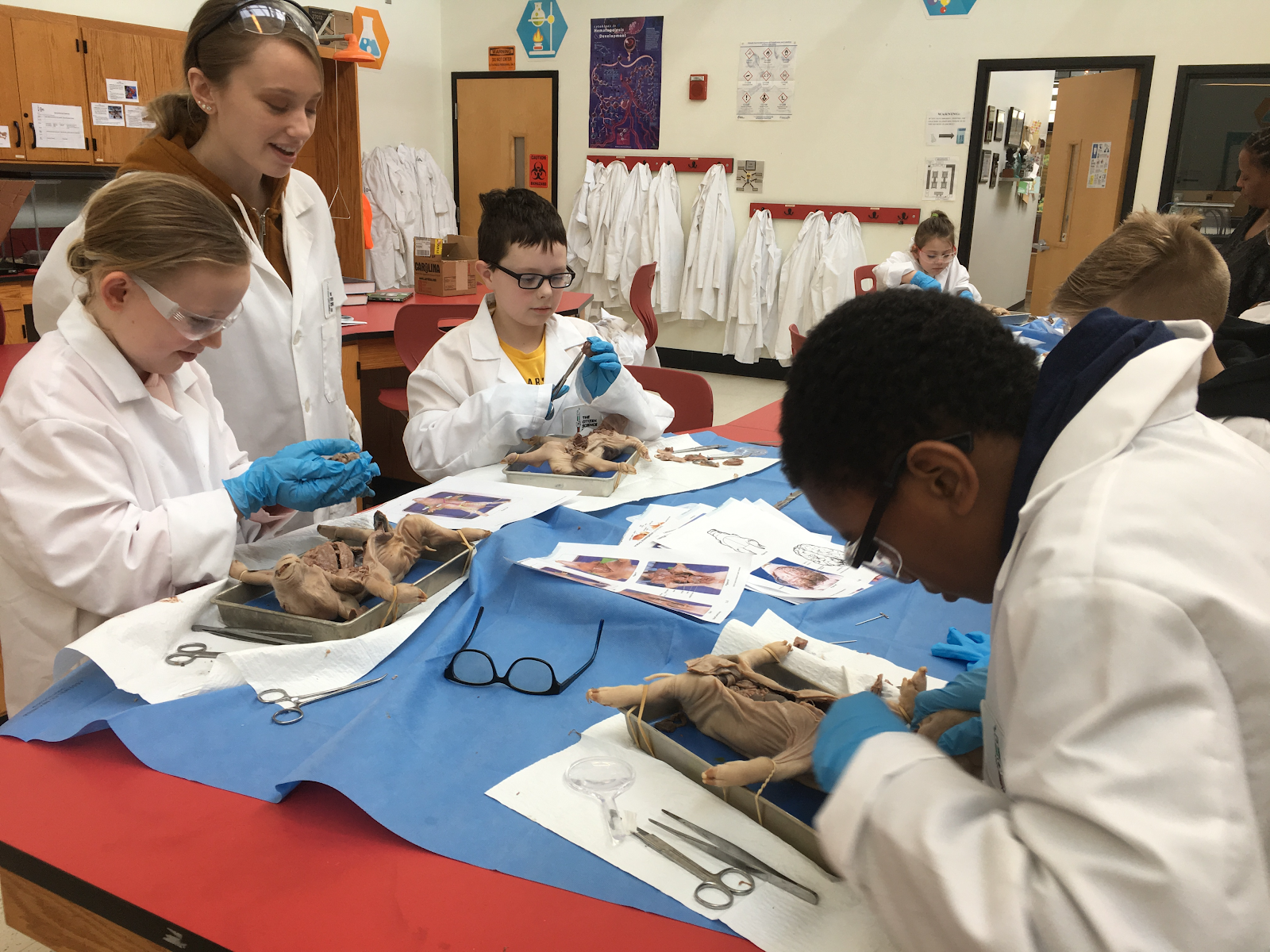
“More Than Good Lab Hands”: Creative Thinking and Communication Skills in the Bio Lab
By Daniel Wilson, PhD Biological Sciences
How can I be a better scientist? This is perhaps the only consistent question that drives a graduate student like me. Answering this question leads to a long and diverse list of actions that graduate students must juggle every day. Most people know that working in a biology laboratory means working long hours at the bench doing experiments, but a good scientist needs more than good lab hands. Science also takes careful planning and creative thinking, which requires the efforts of a helpful team. Even after the months or years spent making a discovery and triple-checking controls, that information has to be shared with the world in a way that people outside of my own lab can understand. A typical day in the lab means facing at least one of these challenges.
My research involves studying how cells make their ribosomes, the 3-D printers of the molecular world that make all of the proteins that keep us alive. The lab I work in uses baker’s yeast as a model organism to study this process because many of the steps that yeast cells use to build their ribosomes are the same in human cells. On a typical day in the lab, I perform experiments to directly examine the different parts of ribosomes or create mutant yeast cells that have trouble making ribosomes to observe how the different mutations affects their growth.
A day of doing these kinds of experiments often comes with meetings about the results of those experiments. Our lab will get together and discuss data, our interpretations of it, and what we should do next to further test our varying hypotheses. These meetings can also include members of other labs. Afterwards, the research could turn into hours of looking at structural models of the molecules we are working with or reading papers other labs have published that might help us think about whichever hypothesis we are focusing on. I have to take time in deciding what my best next experiment might be and sometimes read about and learn new techniques to answer questions that have never been asked before.
In these meetings, I have to communicate my experiments and thoughts effectively to my colleagues. Developing these skills not only helps me gain recognition at big conferences but also works to make my ability to communicate science to anyone a little bit better. When I ask myself how I can be a better scientist, I have to think about more than science in the context of my lab and colleagues. Science affects all of society and a good scientist needs to be involved in that. People of all ages need to have the opportunity to interact with scientists and scientists need to be prepared to have those interactions.

Teaching workshops to young students, participating in events at bars or museums that engage the public, or meeting with lawmakers to discuss the importance of science are all things that a graduate student like me can do to practice having these interactions. Scientists make important discoveries that affect all of our lives. This involves long hours doing, thinking, and talking about experiments. But once the research is done, it remains useless if nobody understands or cares about it. As a graduate student, a new day is never the same as the last, there are always new questions to answer and skills to learn.